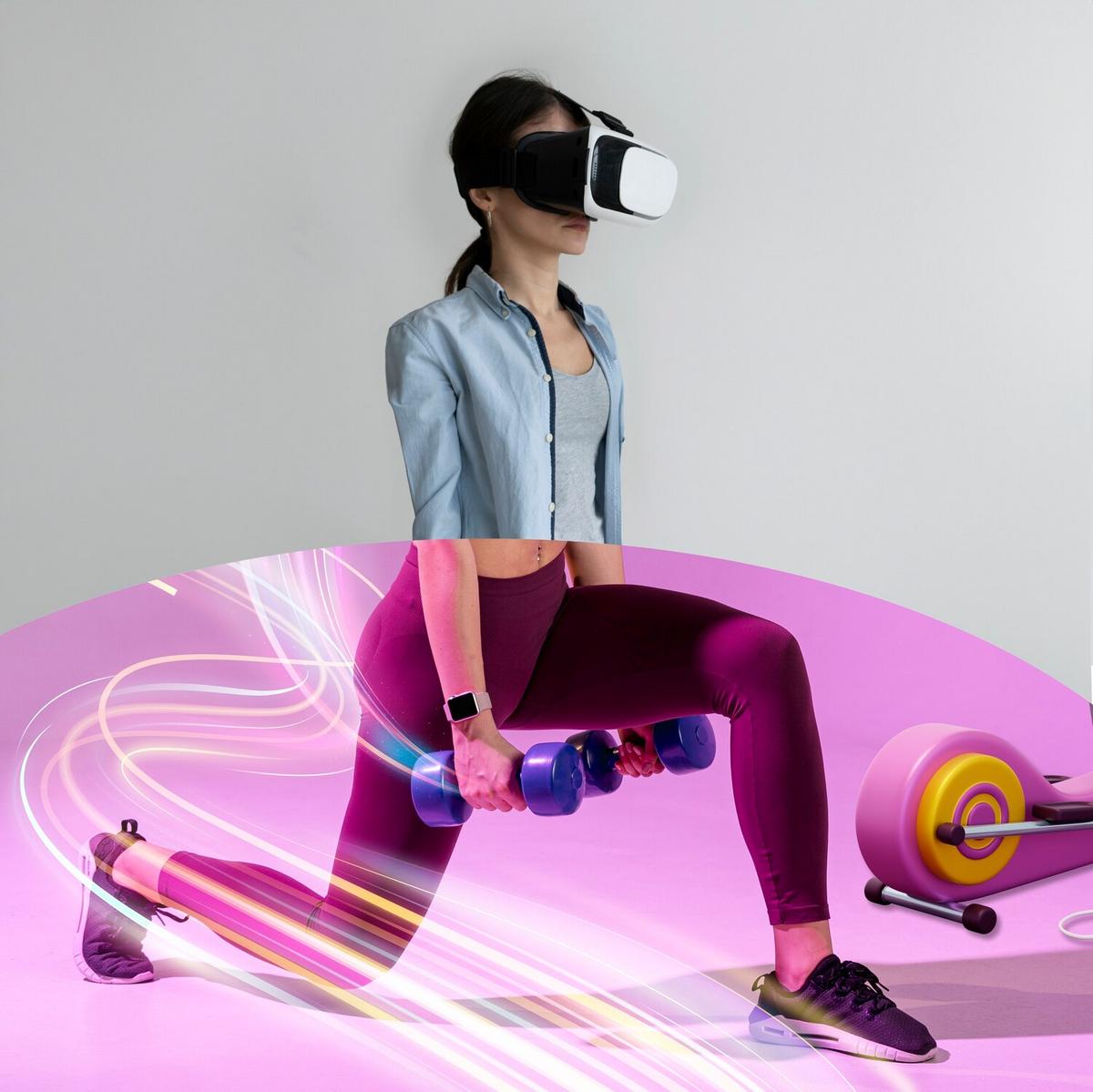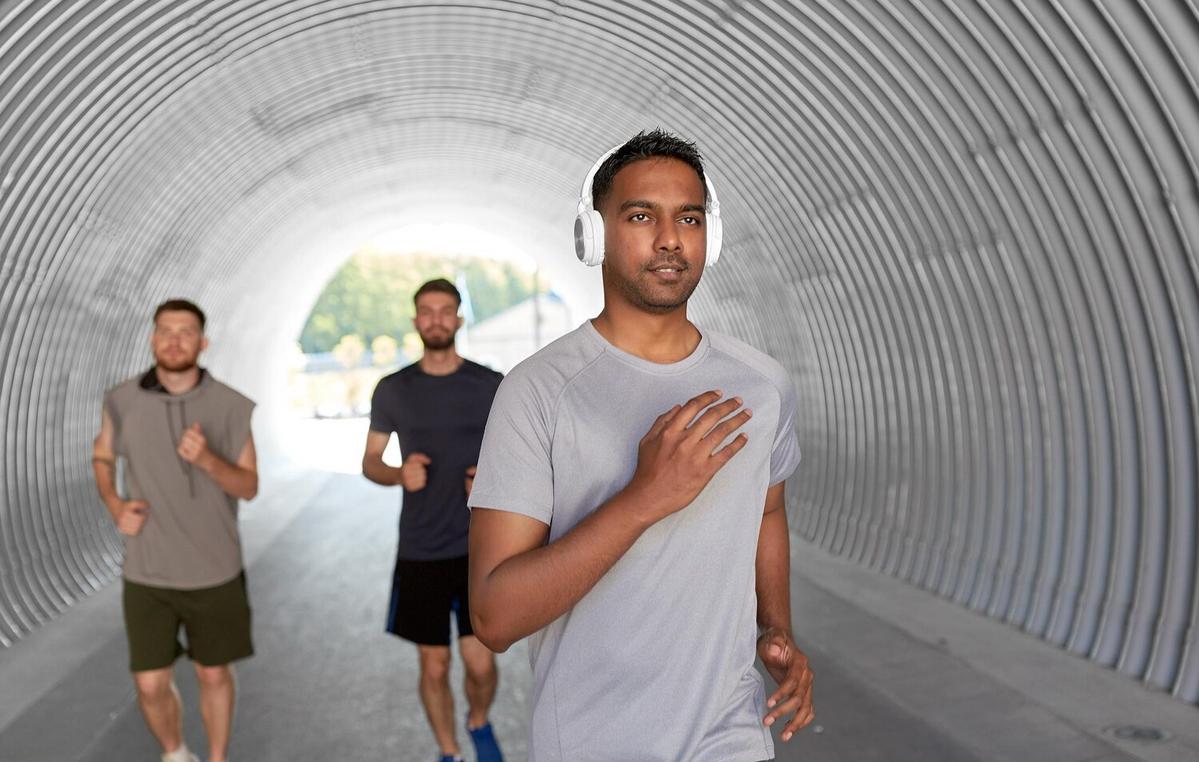
How 5G is Enhancing Connected Fitness Experiences
Imagine a world where your fitness routine is seamlessly integrated with technology, allowing you to push your limits and achieve your goals with greater ease and precision. This is the promise of 5G technology in the realm of connected fitness experiences.
As 5G technology continues to roll out globally, its impact on various industries is becoming increasingly apparent. The fitness sector, in particular, is experiencing a significant transformation. With faster data speeds and lower latency, 5G is enhancing the connected fitness experience in ways that were previously unimaginable.
Revolutionizing Fitness through 5G
The advent of 5G has opened new avenues for fitness enthusiasts and professionals alike. According to a report by the International Data Corporation (IDC), the global market for wearable technology is expected to reach $54 billion by 2023, driven in part by advances in connectivity like 5G. This leap in technology enables more reliable and real-time tracking of fitness metrics, enhancing user engagement and motivation.
Expert Insights
Industry experts note that 5G’s capability to support a higher number of connected devices is pivotal. Kay Lotus, a technology analyst, highlights, “5G’s low latency and high bandwidth are game-changers for real-time data processing, which is crucial for applications like virtual training and augmented reality in fitness.”
Enhanced User Experiences
One of the most notable benefits of 5G in fitness is the improvement in live-streaming workouts and interactive classes. Fitness platforms can now offer immersive experiences with minimal lag, providing users with a studio-like experience from the comfort of their homes. Additionally, wearables can now provide instantaneous feedback, allowing users to make real-time adjustments to their workouts.
Consider the example of an avid runner using a 5G-enabled smartwatch. With enhanced GPS accuracy and immediate data syncing, the runner can track their pace, heart rate, and routes with unparalleled precision. This level of detail helps in crafting more effective training plans.
Actionable Tips for Embracing 5G in Fitness
- Explore 5G-enabled wearables: Devices like smartwatches and fitness trackers with 5G support offer real-time data analysis, helping you make informed decisions about your fitness routine.
- Join virtual fitness communities: Engage with platforms that use 5G to offer live-streaming classes, enabling you to participate in group workouts from anywhere.
- Leverage augmented reality (AR) workouts: Use 5G-enabled AR apps to enhance your home workout experience with virtual trainers and interactive environments.
| Feature | 4G | 5G |
|---|---|---|
| Data Speed | Up to 100 Mbps | Up to 10 Gbps |
| Latency | 50 ms | 1 ms |
| Device Connectivity | Limited | Massive IoT support |
| Reliability | Moderate | High |
| Capacity | Limited | Enhanced |
| Energy Efficiency | Lower | Higher |
| Mobility Support | Up to 350 km/h | Up to 500 km/h |
| Network Slicing | No | Yes |
Frequently Asked Questions
How does 5G improve wearable technology?
5G enhances wearables by providing faster data transmission and real-time feedback, allowing for more accurate fitness tracking and analysis.
Can 5G improve my virtual workout experience?
Yes, 5G reduces lag and improves streaming quality, making virtual workouts more immersive and interactive.
Is 5G available everywhere?
While 5G is expanding rapidly, availability varies by region, so check with your local service providers for coverage.
Conclusion
In summary, 5G is set to revolutionize the fitness industry by offering enhanced connectivity, real-time data processing, and improved user experiences. As this technology becomes more widespread, embracing 5G-enabled devices and platforms can significantly enrich your fitness journey. Whether through live-streaming workouts, precise wearable tracking, or immersive AR applications, the future of fitness is undoubtedly brighter with 5G.


